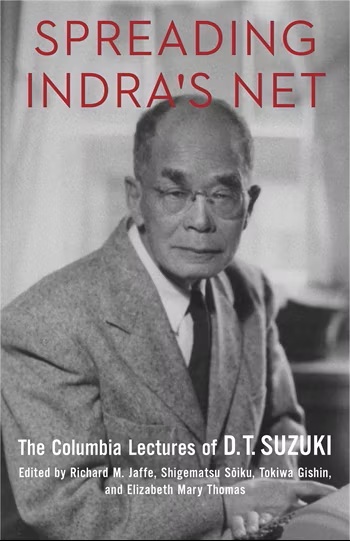Before attaining perfect enlightenment, just to seek enlightenment is a great help for others. That is what I’m talking about. Even though you haven’t attained enlightenment, but to try to attain enlightenment is good enough to help others.
August 25, 1970, Jukai lay ordination ceremony at City Center
—cuke.com/ig for links to the source of the image. Excerpt from Shunryu Suzuki lecture 65-07-27-B as found on shunryusuzuki.com, edited by PF. These posts are also on Bluesky, Facebook and Instagram. We are continually working on improving the quality of transcriptions of Suzuki's lectures. After a new "verbatim transcript" is made, we create a minimally edited version which is more readable. See the most recently completed transcripts at shunryusuzuki.com/n.

































